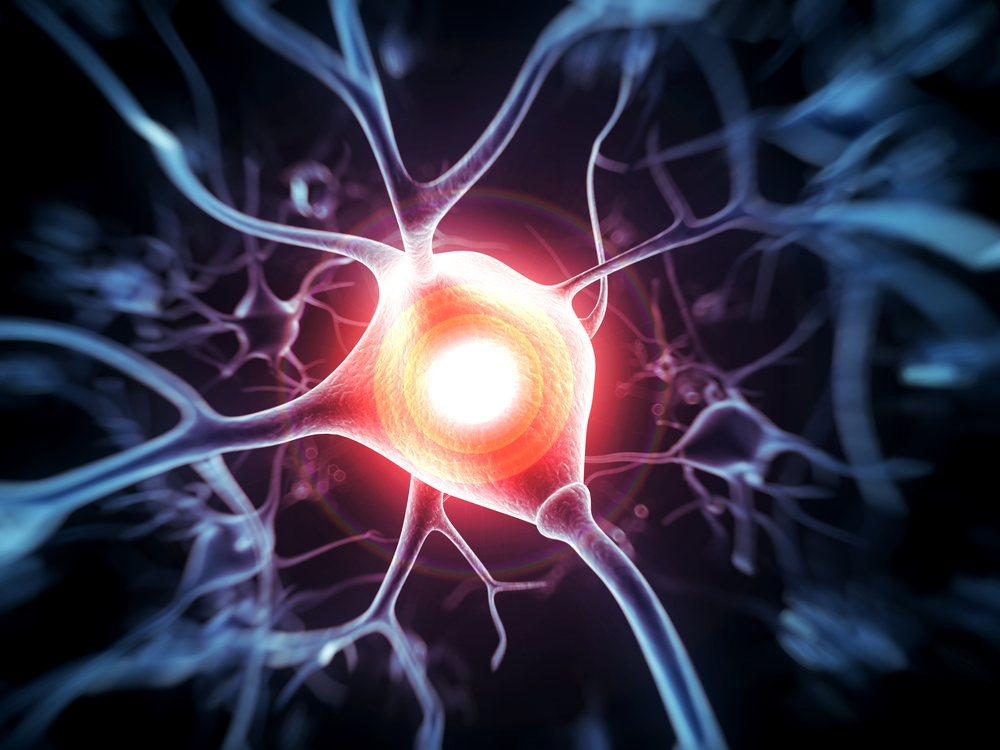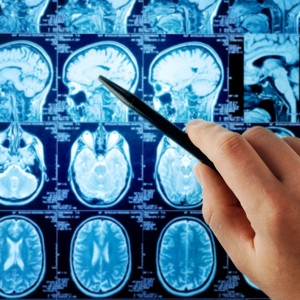KTH Royal Institute of Technology Reveals 3 Proteins Associated with ALS Progression
Written by |

 A recent study from Sweden’s KTH Royal Institute of Technology (KTH) revealed three proteins that are associated with the progress of amyotrophic lateral sclerosis (ALS).
A recent study from Sweden’s KTH Royal Institute of Technology (KTH) revealed three proteins that are associated with the progress of amyotrophic lateral sclerosis (ALS).
The research team from the KTH and Science for Life Laboratory led by Anna Häggmark believe that the research is the most comprehensive plasma profiling study conducted so far in the field of proteomics.
“This is a really nice clue,” Häggmark said in a recent news release. “The three proteins we have found seem to represent different aspects of this disease’s pathogenesis. After further evaluation of their role within ALS, they can perhaps help to support diagnostics or even serve as a drug targets for those stricken with the disease.”
In early diagnosis and treatment of ALS, current studies are focused on researching biomarkers, however, at the moment there are no reliable markers for ALS. ALS is a progressive neurodegenerative disease that destroys the muscle nerve cells, causing muscle weakness and paralysis. ALS can affect all skeletal muscles, including breathing and swallowing muscles.
The researchers found that a specific protein called NEFM plays a crucial structural role in central and peripheral nervous system neurons. According to the new research, if this protein is present in the blood plasma it can suggest nerve fiber death due to ALS.
Another protein called RGS18 has a cell signaling function, and its increase might indicate its leakage from ALS degenerated muscles. The other protein called SLC25A20 is present in the mitochondria and also plays a structural role associated with ALS.
For this research, a total of 367 plasma samples of ALS patients and 101 controls were obtained from the Medical University of Warsaw. The profiles were obtained from 352 antibodies targeting 278 different proteins. “As far as we know it’s the most extensive plasma profiling study published within ALS, in terms of numbers of patients included,” Häggmark said in news release.
The research team will now work on validating these results using plasma samples from Poland, Germany and Sweden, and also using ALS cerebrospinal fluid. “We’ll look at these proteins in additional sample materials and see if we can confirm our findings,” she said.
According to Häggmark, the research will involve looking at “disease specificity” of the markers.





